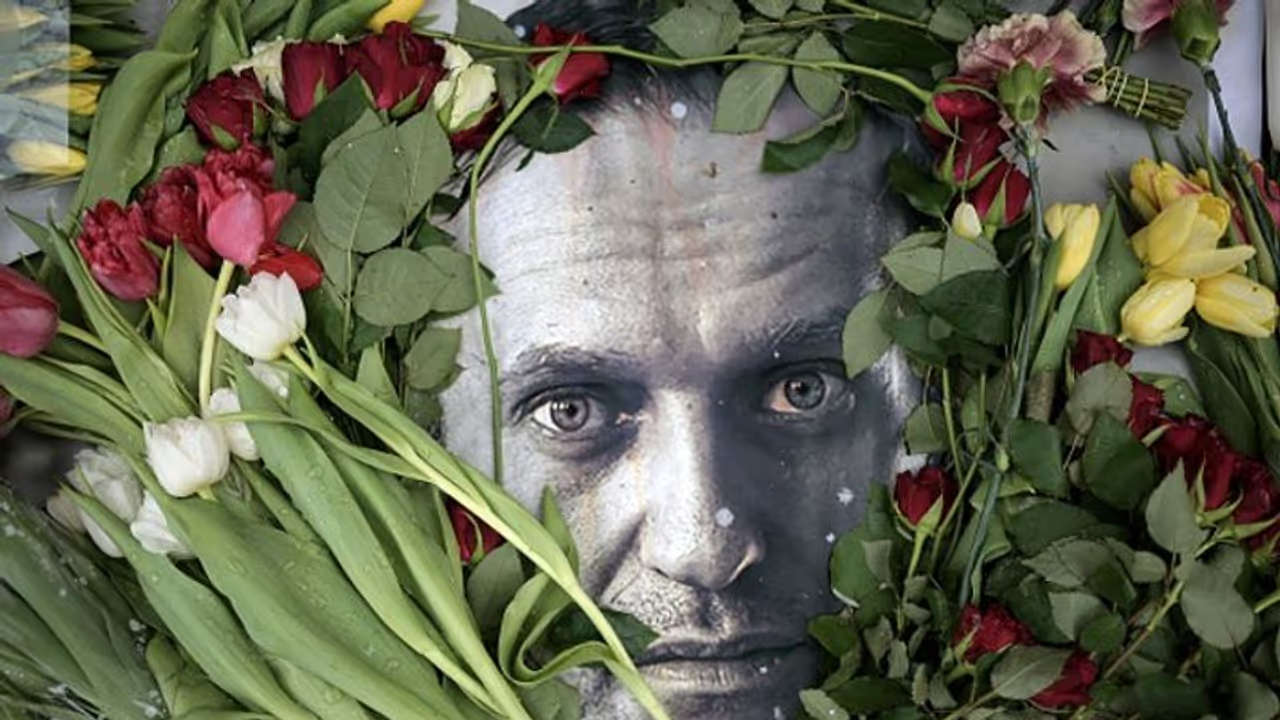The passing of Alexei Navalny in an Arctic prison last week has deeply shaken Russia's opposition in exile, who, along with Western nations, have squarely blamed the Kremlin for his demise.
EU foreign policy chief Josep Borrell on Monday vowed to ensure that Russian President Vladimir Putin would face consequences for the death of Alexei Navalny, following his meeting with the widow of the opposition leader and Kremlin critic. The passing of Navalny in an Arctic prison last week has deeply shaken Russia's opposition in exile, who, along with Western nations, have squarely blamed the Kremlin for his demise.

"We expressed the EU's deepest condolences to Yulia Navalnaya. Vladimir Putin and his regime will be held accountable for the death of Alexei Navalny," Josep Borrell wrote on X.
"As Yulia said, Putin is not Russia. Russia is not Putin. We will continue our support to Russia's civil society and independent media."
Navalnaya addressed the foreign ministers representing the EU's 27 nations in Brussels, reiterating her commitment to continuing her late husband's struggle against Putin's tight control over Russia.
According to European diplomats, she underscored her determination to persevere in the fight and urged the bloc to intensify efforts to target Putin's inner circle, a statement that garnered a standing ovation from those present.
Furthermore, she cautioned against making deals with the Russian leader or harboring hopes for his transformation, as per reports.
During the meeting, EU ministers deliberated on their limited options for imposing additional costs on the Kremlin following Navalny's demise.
Given the EU's prior imposition of unprecedented sanctions on Moscow, including sanctions targeting Putin, in response to the Ukraine invasion, officials admit that further substantial repercussions after Navalny's death could pose significant challenges.
Borrell expressed his anticipation that EU member states would put forward new sanctions targeting individuals directly accountable for Navalny's treatment, particularly within Russia's prison system.
He announced that Brussels would symbolically rename its global human rights sanctions blacklist after Navalny.
German Foreign Minister Annalena Baerbock affirmed that ministers would take steps to "initiate further sanctions measures" in response to Navalny's passing.
"The Russian brutal war of aggression... is not just a war against Ukraine, but against freedom itself," she said.
Additional ministers remarked that the demise of Putin's most prominent domestic adversary should strengthen support for Kyiv, especially as its outnumbered forces face challenges in holding off Russia.
"Putin is a murderer. Putin has murdered one person who fought for freedom for democracy, and this is exactly why we have to keep going," said Estonian Foreign Minister Margus Tsahkna.
"The most clear response would be if we finally do our job. We have to support Ukraine."
Belgian minister Hadja Lahbib echoed this sentiment, cautioning that Navalny's death underscored the threat posed by the Kremlin as it continues its offensive in Ukraine.
"We must be aware of what is at stake today," she said. "If Russia manages to expand, it is a dictatorship that will expand and move a little closer to the European Union."
